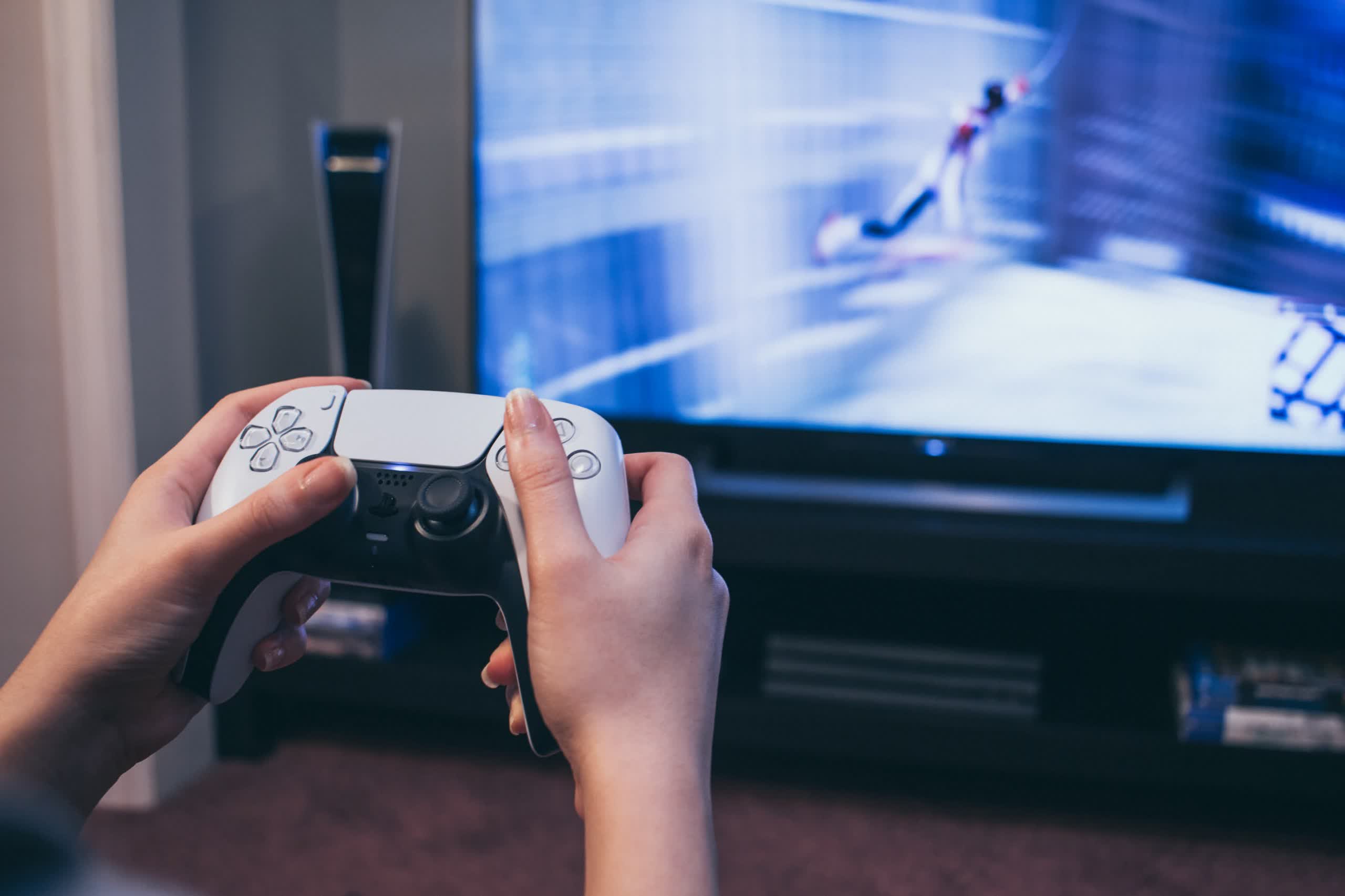A hot potato: Jailbreaking, modding, pwning, whatever you want to call it—hackers delight in making a device do something that the manufacturer did not intend. Over the years, the process has grown more complicated, but the hackers always seem to find a way. It seems that as we near the first anniversary of the PlayStation 5, someone has already cracked the system.

Over the weekend, hackers from Fail0verflow claimed to have rooted the PS5. A Sunday tweet states the group has obtained all symmetric PlayStation 5 root keys. It allegedly got the key by decrypting the PS5's firmware. The tweet included an image of the cracked software highlighting the system's supposedly exposed secure loader (secldr).
More often than not, jailbreaking a PlayStation console requires modification of the hardware. Although Fail0verflow did not reveal its exploit, it did say that the keys were "obtained from software," suggesting that no hardware modifications were necessary.
Translation: We got all (symmetric) ps5 root keys. They can all be obtained from software - including per-console root key, if you look hard enough! https://t.co/ulbq4LOWW0
— fail0verflow (@fail0verflow) November 8, 2021
If valid, this is huge because it means Fail0verflow or other hackers can create custom PS5 firmware capable of loading software signed with these authentic root keys. It would allow users to run homebrewed games without physically modifying their systems. However, it also means pirates can use the same method to run bootlegged software.
The exploit can also allow the PlayStation 5 to have an alternate operating system like Linux installed, turning it into a $500 gaming PC. As strange as it may sound, running Linux on a PlayStation was a Sony-sanctioned option in the PS2 and early PS3 days.
Sony marketed and sold a PS2 Linux Kit in 2002 that included a Linux-based operating system, a USB keyboard/mouse, a VGA adapter, a PlayStation 2 Ethernet network adapter, and a 40 GB hard disk drive. There was no such kit for the PS3, but the system software had a settings feature called "OtherOS" used to set up an alternate operating system on a partition. However, Sony removed the option in 2010, citing "security concerns."
Gaming console modification has always been a hot-button issue, whether through hardware or software. The hacking community claims it frees up consumer-owned hardware to allow users to do what they want with it. Manufacturers and developers see it as a way to circumvent copy protection and bootleg games, which Sony takes very seriously.
https://www.techspot.com/news/92145-hackers-claim-they-have-cracked-ps5-obtained-all.html